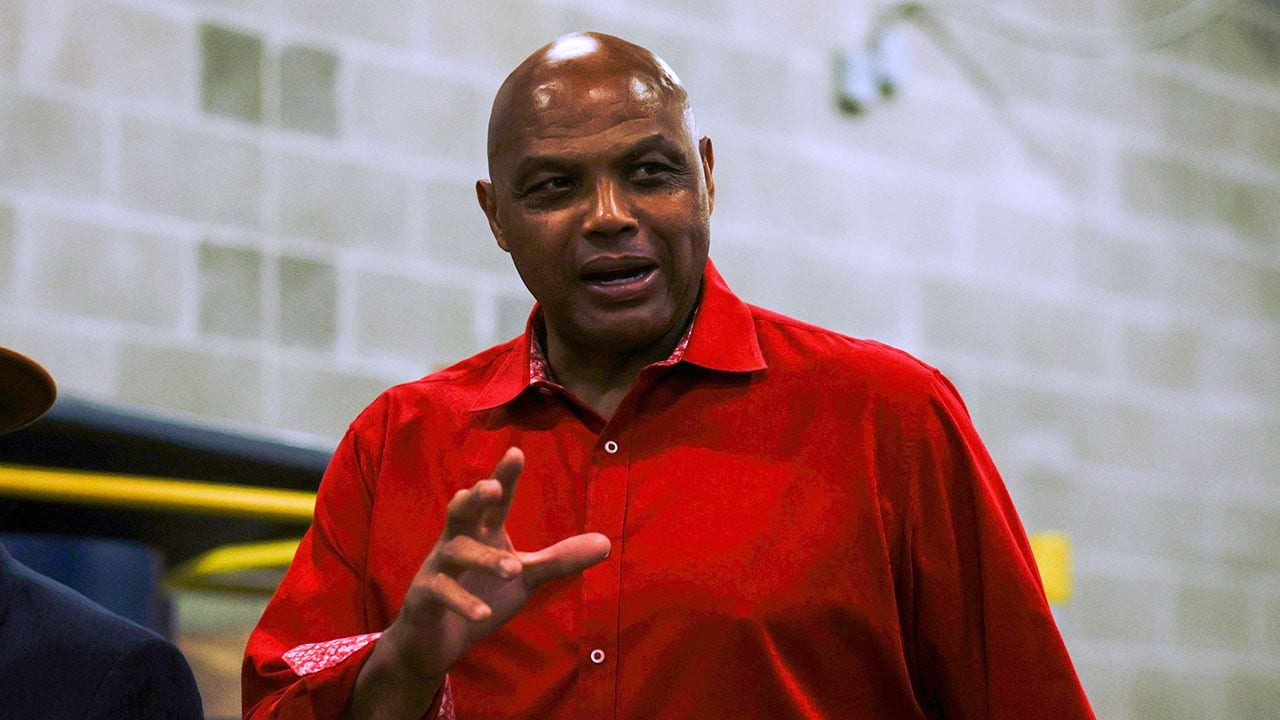Unlock stock picks and a broker-level newsfeed that powers Wall Street.
Laila Maidan
Wed, Mar 26, 2025, 9:00 AM 11 min read
The swanky bar at the St. Regis Hotel in Manhattan is an intimate gathering place where the lights are dim, and a signature cocktail costs a whopping $190.
It was in this elegant space, according to the SEC, that the penny-stock investor and lender Curt Kramer, his brother, and their employees often met with the senior executives of cash-strapped microcaps — among the smallest public companies — to sell them on the benefits of convertible securities.
Kramer and his associates also proselytized about the convertibles at conferences, in cold calls, and by emails, the SEC said in a civil complaint filed in federal court in May against the financier and three of his firms.
The effort paid off big time. The SEC's complaint says that over a five-year period, Kramer's operation made $60 million in profits by funding hundreds of microcaps in exchange for securities it could convert into common stock at a discount and then sell.
The problem, the SEC complaint alleges, is that through these transactions, Kramer was acting as a dealer — but wasn't registered as one and didn't follow the rules pertaining to them. In a statement after the complaint filing, Kramer's attorneys called the accusations "unfounded" and the SEC's position "unconstitutional."
Convertible securities allow lenders to provide financing or cash to companies in need. They can be legitimate and mutually beneficial: The company gets an infusion of funds, and the lender earns interest or fees and the option to convert the securities into common stock, where bigger gains are often made.
However, the setup can become problematic if shares with low floats are converted at deeply discounted prices and sold immediately, causing the stock price to drop. For the borrowing company or the issuer, it could trigger a downward spiral from which it's difficult to recover. For other investors who still hold the stock, it can dilute their shares.
The type of convertibles Kramer issued are popularly known as "toxic" or "floorless" because there's no limit to how low the share prices can convert, said Steve Taylor, a consultant who helps small companies access US public markets and abide by SEC requirements. The conversion price is determined using a percentage-based formula applied to the stock's lowest trading price over an agreed-upon period. This approach means that the lower the price, the more shares the lender gets. The terms are set with a promissory note and usually take effect after six or 12 months, depending on whether the company is an SEC registrant.
.png)
 German (DE)
German (DE)  English (US)
English (US)  Spanish (ES)
Spanish (ES)  French (FR)
French (FR)  Hindi (IN)
Hindi (IN)  Italian (IT)
Italian (IT)  Russian (RU)
Russian (RU) 







Comments